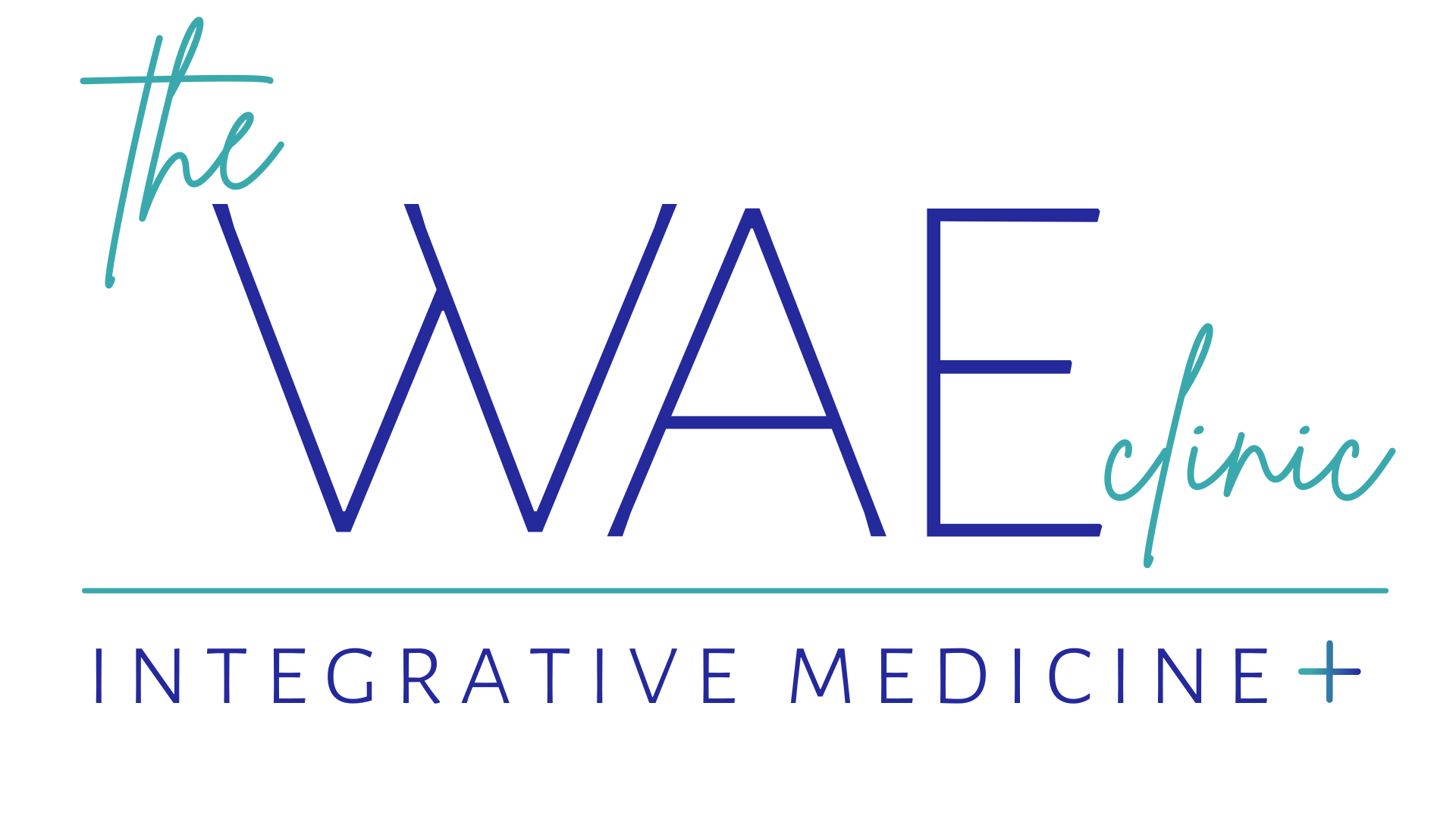Hormones are your body’s chemical messengers. Every organ needs them and uses them, every minute of every day from conception until death. Hormones are responsible for your growth and development, metabolism, sexual function, reproduction, mood, and sleep cycle.
Hormone imbalances can lead to problems like diabetes, weight gain or loss, infertility, weak bones, and other problems. Doctors who specialize in hormone-related conditions are called endocrinologists. If you suspect that you have hormone issues, get checked out. This article will highlight some of the signs that you may need hormone support. A gentle, whole food detox may help. To find out more, let’s look at the most common signs of hormonal imbalance.
Signs you have a hormonal imbalance:
1. Fatigue:
While basic fatigue may result from an occasional late night, this kind of fatigue is what may be described as “bone-tired.” This is the type of fatigue that hits you in the morning and continues to drag you down all day. Waking and not feeling rested. Experiencing an energy slump or feeling like you can’t get started or make it through the day without lots of coffee and a nap.
Fatigue from hormonal imbalance may also be experienced as an inability to bounce back after exercise or exertion. Mental fatigue, a short temper or feeling like you are more emotional than usual can fit in this category too.
2. Insomnia:
Melatonin and cortisol are two of the most important hormones that regulate your sleeping cycle. Too little melatonin or too much cortisol will equate to difficulty falling asleep and staying asleep. Blood sugar imbalance can manifest as waking during the night; getting up to urinate may also be linked to dips in blood sugar!
According to the National Sleep Foundation “The secretion of some hormones increases during sleep (e.g., growth hormone, prolactin, and luteinizing hormone), while the secretion of other hormones is inhibited (e.g., thyroid-stimulating hormone and cortisol).” Disrupted sleep impacts hormones and hormones impact sleep!
3. Anxiety:
The hormones most commonly responsible for triggering anxiety are Cortisol, Estrogen, Testosterone, and Thyroid hormones.
There is a catch 22 with cortisol and anxiety. On the one hand, anxiety is stress, and when you're stressed, you release cortisol. On the other hand, cortisol is linked as a cause for both anxiety and depression and increases the risk of anxiety attacks.
Sex Hormones can trigger mood disorders. Periods of hormonal change/fluctuation, such as during puberty, pregnancy, and menopause, correlate to a higher incidence of anxiety. Thyroid hormone imbalance is also known to cause anxiety.
4. Skin and Hair Issues:
Acne and hair loss are two major issues associated with hormonal imbalances. If you get major acne, out of the blue, then it is a huge sign that your hormones are in a cascade. Likewise, the quality and growth of your hair are dependent on your hormones. Abnormalities in the thyroid can cause problems like thin hair, dry hair, and major hair loss too.
5. Slow Digestion:
There is a connection between gut function and the brain termed “the gut-brain axis”. In a nutshell, how you feel emotionally can impact the way you digest and the way you digest can impact how you feel emotionally. The bacterial and microbial system in our intestines is also highly influenced by hormones. Diarrhea is more common at certain times in the menstrual cycle. Nausea during pregnancy is related to HCG (human chorionic gonadotropin) hormone. The point: if you experience digestive upset or imbalance, hormones may be to blame!
How did you fare? Can you relate to any of these five signs? Do you struggle with fatigue, insomnia, skin or hair issues, anxiety, or digestive upset? How about low sex drive, difficulty in losing weight or a sense of brain fog?
Your body strives for balance. Signs, symptoms, and feelings are all ways to tap into your health. If your body is telling you that things are out of whack, take action. You may be able to avoid illness and reduce your risk for long term distress. A gentle detox can help give your body the nutrition and self-care support needed to regain balance.
*These statements are not meant to diagnose or treat. You should consult your health care provider before starting any new diet, exercise, or supplement.

